
Supercars of the 80s – Ferrari Testarossa
Step back into the 80s with the iconic Ferrari Testarossa, the symbol of style and speed that defined a decade
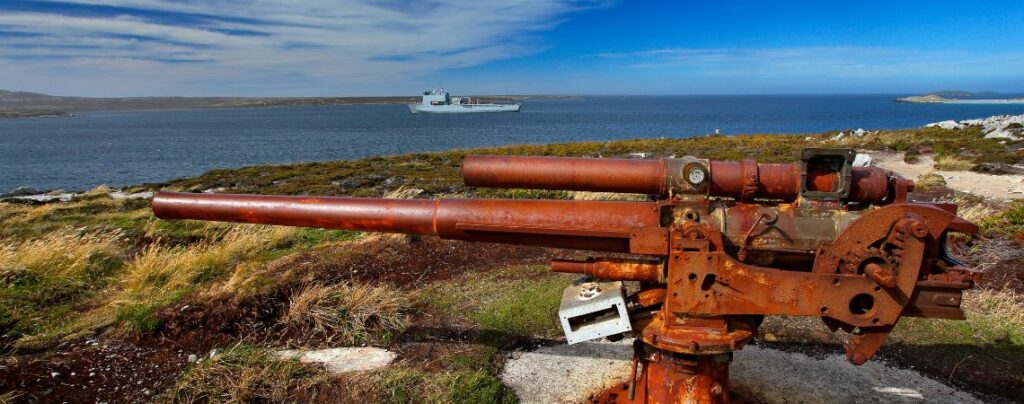
1st: ITV launches three regional TV stations – Central, TV South and TV South West, replacing ATV Midlands, Southern Television and Westward Television respectively.
2nd: The Welsh Army of Workers claims responsibility for a bomb explosion at the Birmingham headquarters of Severn Trent Water.
10th: The lowest ever UK temperature of -27.2 degrees celsius is recorded at Braemar, in Aberdeenshire. This equals the record set in the same place in 1895, and the record will be equalled again at Altnaharra in 1995.
11th: Mark Thatcher, son of the Prime Minister Margaret Thatcher, disappears in the Sahara during Paris-Dakar rally.
Embed from Getty Images14th: Mark Thatcher is found safe and well in the Sahara Desert, six days after going missing.
21st: Miners vote against strike action and accept the National Coal Board offer of a 9.3% pay rise.
26th: Unemployment in the United Kingdom is recorded at over 3,000,000 people for the first time since the 1930s.
5th: Laker Airways collapses, leaving 6,000 passengers stranded, with debts of £270,000,000.
6th: The Queen celebrates her Pearl Jubilee.
12th: Opening of the first Next clothing store. It specialises in women’s clothing.
19th: The DeLorean car factory (famous for producing the car in the movie Back to the Future) in Belfast is put into receivership.
Embed from Getty Images23rd: The Glasgow-registered coal ship, St. Bedan is bombed and sunk by an IRA unit driving a hijacked pilot boat in Lough Foyle.
25th: The European Court of Justice rules that schools in Britain cannot allow corporal punishment against the wishes of parents.
27th: The D’Oyly Carte Opera Company gives its last performance at the end of a final London season, having been in near-continuous existence since 1875.
3rd: The Queen opens the Barbican Centre, a performing arts venue in the City of London.
12th: Closure of Queen Street Mill, Burnley, the last steam driven weaving shed to work commercially.
13th: Liverpool win the League Cup final defeating Tottenham 3-1 at Wembley.
18th: A legal case brought by Mary Whitehouse against the National Theatre concerning alleged obscenity in the play The Romans in Britain ends after the Attorney General intervenes.
An Argentine scrap metal dealer raises the Argentine flag in South Georgia, Falkland Islands – a British overseas colony.
19th: Argentines land on South Georgia Island, precipitating war.
Embed from Getty Images20th: Ireland lose to France but still win the Rugby Union 5 Nations Championship.
25th: Roy Jenkins wins the Hillhead by-election in Glasgow for the Social Democratic Party, whose dream of an electoral breakthrough looks strong as they still head most of the opinion polls.
29th: Royal assent in London to the Canada Act 1982 sets the stage for the repatriation of the Canadian Constitution.
1st: A twelve-year-old unnamed Birmingham boy becomes one of the youngest people in England and Wales to be convicted of murder after he admits murdering an eight-year-old boy, and is sentenced to be detained indefinitely.
2nd: Falklands War begins as Argentina invades the Falkland Islands.
4th: The British Falkland Islands government surrenders, placing the islands in Argentine control.
5th: Falklands War: Royal Navy task force sets sail to the Falklands from Portsmouth.
Embed from Getty Images7th: Britain declares a 200-mile “exclusion zone” around the Falklands.
17th: By proclamation of the Queen of Canada on Parliament Hill, Canada repatriates it’s constitution, granting full political independence from the United Kingdom; included is the country’s first entrenched bill of rights.
24th: Eurovision Song Contest is held in Harrogate, Yorkshire where it was won by Germany.
The first British serviceman dies in the Falklands conflict, when his Sea King helicopter crashes.
25th: Falklands War: Royal Marines recapture South Georgia.
29th: Daniel and Christopher Smith, Britain’s first test tube twins are born to parents Josephine and Stewart, at the Royal Free Hospital in London.
30th: The Conservatives have returned to the top of the opinion polls for the first time since late-1979, with the latest MORI poll showing that they have 43% of the vote, ahead of the SDP-Liberal Alliance.
1st: Falklands War: Operation Black Buck – a Royal Air Force Vulcan bomber takes off from Ascension Island and bombs Port Stanley Airport.
2nd: Falklands War: the nuclear submarine HMS Conqueror sinks the Argentine cruiser General Belgrano.
4th: Falklands War: the Type 42 Destroyer, HMS Sheffield, is badly damaged by an Exocet missile. It sinks on 10 May.
15th: Liverpool win the the football league title for the 13th time.
19th: Hull beat Widnes 18-9 to win the Rugby League Challenge Cup.
21st: Falklands War: Royal Marines and paratroopers from the British Task Force land at San Carlos Bay on the Falkland Islands and raise the Union Jack.
The Haçienda nightclub opens in Manchester.
22nd: FA Cup holders Tottenham Hotspur draw 1-1 with Queen’s Park Rangers in the Wembley final, forcing a replay. Tottenham are without their Argentine players Ossie Ardiles and Ricardo Villa, who have been temporarily removed from the team following barracking from rival countries over their home country’s involvement in the war with Britain.
23rd: Falklands War: HMS Antelope of the Royal Navy explodes.
26th: Official opening of Kielder Water, a reservoir in Northumberland. It is the largest artificial lake in the UK by capacity (200 billion litres) and is surrounded by Kielder Forest; the largest planted woodland in Europe.
27th: Tim Smith (Conservative) wins the Beaconsfield By-Election.
Tottenham Hotspur win the FA Cup beating Queens Park Rangers 1-0 in a replay. A sixth-minute penalty from Glenn Hoddle is the only goal of the game and equals Aston Villa’s record of seven FA Cup triumphs.
28th: Pope John Paul II’s visit to the United Kingdom, the first by a reigning pope, begins at Gatwick Airport; he later meets the Queen in London.
Falklands War: Battle of Goose Green commences, the first land battle of the war. Lieutenant-Colonel H. Jones is killed in an action for which he is awarded a posthumous Victoria Cross. British troops reach Darwin, Falkland Islands.
29th: Pope John Paul II’s visit to the UK. Pope John Paul II visits Canterbury, the first time a pontiff has done so.
Embed from Getty ImagesFalklands War: Battle of Goose Green concludes when British paratroopers defeat a larger force of Argentine troops.
31st: Falklands War: the Battle of Stanley is fought.
3rd: Attempted assassination of the Israeli ambassador to the UK, Shlomo Argov, outside the Dorchester Hotel in London.
Angela Rumbold wins the Mitcham and Morden by-election, gaining the seat for the Conservatives.
8th: U.S. President Ronald Reagan becomes the first American chief executive to address a joint session of Parliament.
Embed from Getty ImagesFalklands War: 48 British servicemen are killed when two supply ships are bombed by Argentine air strikes off Bluff Cove.
9th: Twenty pence coin first issued into circulation.
13th: The 1982 FIFA World Cup begins in Spain. The UK are represented by England, Scotland and Northern Ireland.
14th: Falklands War ends as British forces reach the outskirts of Stanley after “yomping” across East Falkland from San Carlos Bay. They arrive to find the Argentine forces flying white flags of surrender. The formal Argentine surrender in the Falklands War is signed this evening.
16th: Welsh miners go on strike to support health workers demanding a 12% pay rise.
19th: The body of “God’s Banker”, Roberto Calvi, chairman of Banco Ambrosiano, is found hanging beneath Blackfriars Bridge in London.
21st: Prince William, the first child of The Prince and Princess of Wales is born at St Mary’s Hospital, London (Paddington), the first birth in direct line of succession to the British throne to take place in a hospital.
23rd: Support for the Conservative government continues to rise, mainly due to the success of the Falklands campaign, with an MORI opinion poll showing that they have a 51% approval rating.
25th: Northern Ireland defeat hosts Spain 1–0 in the World Cup, later being knocked out in the quarter finals.
2nd: Roy Jenkins is elected as Leader of the SDP.
Embed from Getty Images3rd: Martina Navratilova beats Chris Evert to win Wimbledon.
4th: Jimmy Connors beats John McEnroe in 5 sets to win the Men’s singles at Wimbledon.
5th: England draw 0–0 with hosts Spain and are eliminated from the World Cup in the second group stage. Ron Greenwood retires as England manager after five years and is succeeded by Ipswich Town manager Bobby Robson.
9th: Michael Fagan breaks into Buckingham Palace and spends ten minutes talking to the Queen until he is apprehended.
20th: Hyde Park and Regents Park bombings: the Provisional IRA detonates two bombs in Central London, killing eight soldiers, wounding 47 people, and leading to the deaths of seven horses.
21st: HMS Hermes, the Royal Navy flagship during the Falklands War, returns home to Portsmouth to a hero’s welcome.
22nd: Production of the Ford Cortina ends after twenty year. The Cortina’s successor, the Sierra, will be built at Dagenham and in Belgium
Exclusion zone around the Falklands is lifted.
Margaret Thatcher rejects calls in parliament for a return of the death penalty for terrorist murder.
1st: The government creates Britoil as the privatised successor to the British National Oil Corporation.
29th: 65-year-old American Ashby Harper becomes the oldest person to swim the English Channel.
30th: St David’s Hall opens in Cardiff as the National Concert Hall and Conference Centre of Wales.
22nd: An estimated 14% of the workforce is now reported to be unemployed.
23rd: Nigel Lawson announces that no industry should remain in state ownership unless there is an “overwhelming” case.
30th: Lord Denning delivers his last judgement as Master of the Rolls.
8th: With the economy now climbing out of recession after more than two years, Margaret Thatcher vows to stick to her economic policies, and blames previous governments for the decline that she inherited when entering power more than three years ago.
11th: The Mary Rose, flagship of Henry VIII of England that sank in 1545, is raised from the Solent.
12th: A victory parade is held in London to mark the end of the Falklands war.
21st: Sinn Féin win their first seats on the Northern Ireland Assembly, with Gerry Adams winning the Belfast West seat.
27th: Three RUC officers killed by an IRA bomb near Lurgan in Northern Ireland.
1st: The Welsh language television station, S4C, launches in Wales.
Opinion polls show the Conservatives still firmly in the lead, suggesting that a general election will be held by next summer.
2nd: The fourth terrestrial television channel, Channel 4, begins broadcasting, the first programme broadcast being the game show Countdown, hosted by Richard Whiteley. Another flagship programme is the Liverpool-based soap opera Brookside.
7th: The Thames Barrier is first publicly demonstrated.
12th: Express Lift Tower in Northampton officially opened.
15th: Unemployment remains in excess of 3,000,000 people – 13.8% of the workforce.
28th: Opinion polls show the Conservative government with an approval rating of up to 44% and well on course for a second successive electoral victory, 13 points ahead of Labour. Support for the Alliance has halved in the space of a year.
3rd: UK release of the film Gandhi. This will win eight Academy Awards, including Best Picture, Best Director (Richard Attenborough) and Best Actor (Ben Kingsley) four months later.
UK release of the film animation The Plague Dogs based on the novel of the same name by Richard Adams; the film is controversial as it contains some violence.
6th: Droppin Well bombing: The Irish National Liberation Army kills seventeen people in a bomb attack at the Droppin Well Inn, Ballykelly, County Londonderry.
12th: Greenham Common Women’s Peace Camp: 30,000 women hold hands and form a human chain around the 9 mile (14.5km) perimeter fence.
15th: The British colony of Gibraltar gains a pedestrian link to Spain, as the gates which separated the two states are re-opened by the Spanish government after thirteen years.
23rd: More than 1,200 jobs are lost in the West Midlands when the Round Oak Steelworks closes after 125 years.
The Christmas Number one was “Save your Love” by Renee and Renato.
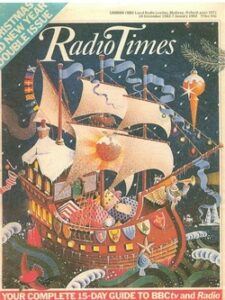
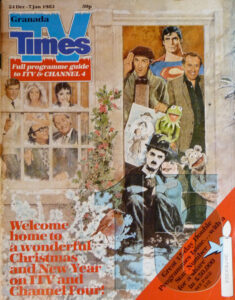

Step back into the 80s with the iconic Ferrari Testarossa, the symbol of style and speed that defined a decade
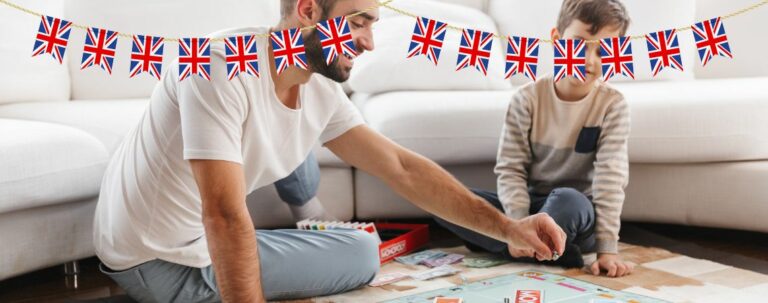
Take a trip down memory lane with these 20 iconic board games and toys that defined our 1980s childhood in the UK.
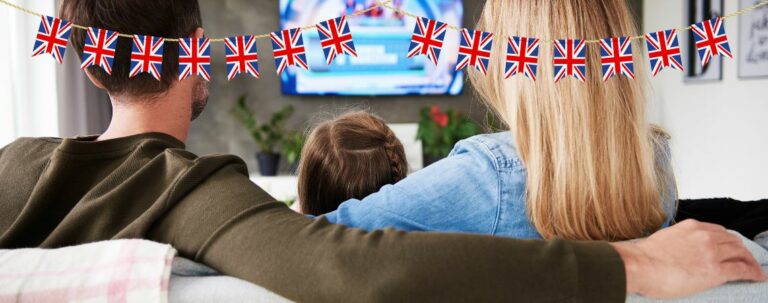
Immerse yourself in nostalgia with this collection of iconic 1980s UK TV adverts – a true blast from the past!

Tina Turner, the Queen of Rock ‘n’ Roll, whose life and career became a symbol of resilience and triumph, has left an enduring legacy
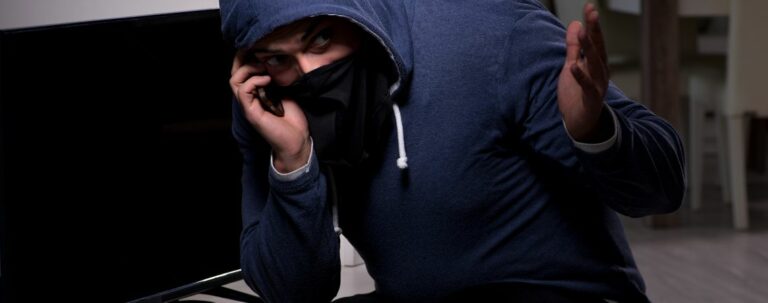
Uncover the Top 10 UK TV Villains of the 1980s: A journey through the most notorious and memorable antagonists of the decade
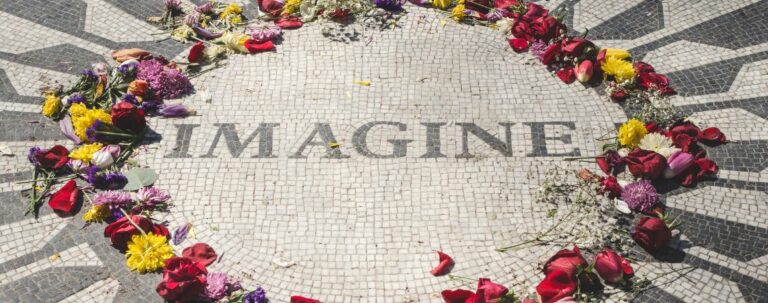
1980 saw the first CND rallies, the Alton Towers theme park opening and the murder of John Lennon in New York. The Moscow Olympics was the sport highlight.
No Events
One Response
met my darling wife this year
sadly lost her December 2020
wish i could transport back to the 80s
the world was more sensible then
now it has gone totally mad
sometimes i think i am in the middle of a nightmare
surely all this woke nonsense is not for real
please wake me up to normal times